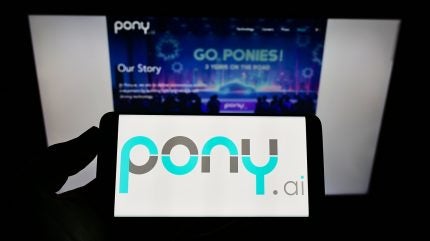
Pony AI has commenced the mass production of its seventh-generation (Gen-7) Robotaxi, propelling the company towards its target of a 1,000-vehicle fleet by the end of the year.
In April, the company revealed its Gen-7 autonomous driving system at the Shanghai Auto Show and has since initiated ‘mass production’ of the Guangzhou Automobile Group (GAC) in June, and Beijing Automotive Industry Corporation (BAIC) Gen-7 Robotaxi models in July.
Following the commencement of mass production, Pony AI also started road testing in Guangzhou and Shenzhen, moving from laboratory and closed-track testing to real-world traffic scenarios.
The Gen-7 system features a platform-based design for quick adaptation across different vehicle models and is said to be the first in the world to leverage 100% automotive-grade components.
It is claimed to reduce bill-of-materials expenses for the autonomous driving kit by 70% as compared to the earlier generation.
Established in 2016, Pony AI operates in China, East Asia, the Middle East, and Europe.
Utilising its vehicle-agnostic virtual driver technology, which merges the software, hardware, and services, the company is said to be forging a commercially viable business model.
This model facilitates the mass production as well as the deployment of vehicles for various transportation needs.
In a move to expand its global footprint, Pony AI partnered with Dubai’s Roads and Transport Authority in May 2025, aiming to introduce the advanced robotaxi fleet to the Middle Eastern region.
In April, Pony.ai joined forces with Tencent Cloud and Smart Industries Group, the cloud business division of Tencent Holding, to progress autonomous driving technology.








